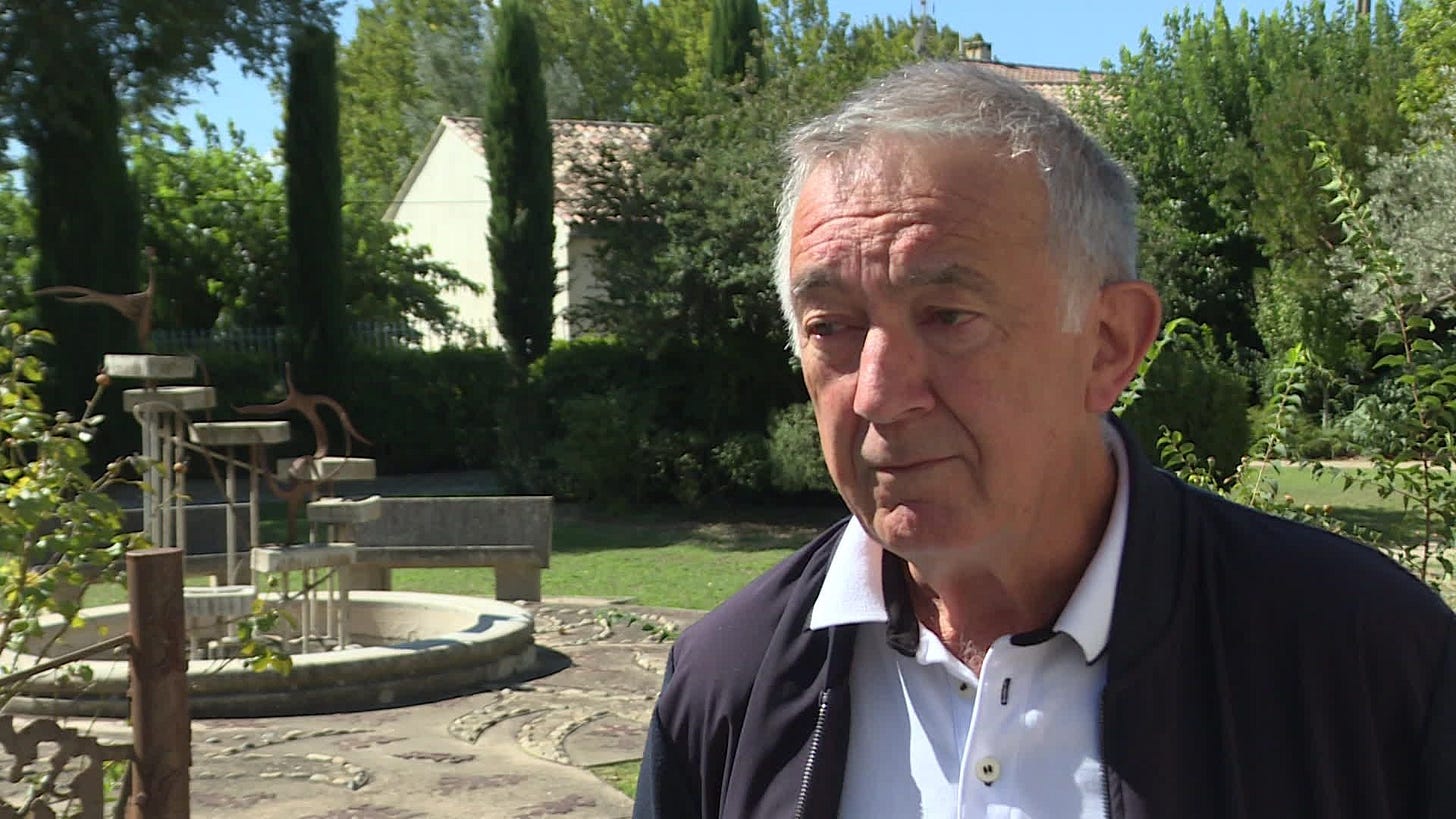When Public Figures Don't Think Deeply Before Speaking
The most obvious, reputation risks and errors are not always considered by leaders
It’s helpful, as a person in authority and power, to strongly consider how what you intend to communicate is going to come across in meaning in other people’s minds, as in what sort of emotional and psychological impact will it have on them.
Not enough leaders conduct this crucial step by themselves or with trusted, objective confidantes to stress test whether they, and their words, will be perceived and judged honorably and favorably.
By not doing this, communicators are bypassing protective risk management for their office, organization and their personal reputation.
Louis Bonnet, the mayor of Mazan in southern France, opened his mouth recently and deeply offended people with his words in response to a court case where a husband, Dominique Pelicot, is on trial for repeatedly knocking his wife out with drugs and encouraging dozens of men to rape her for his perverted pleasure over the course of a decade.
Pelicot’s sickening facilitation of those crimes reportedly involved 50 men (ages 26 to 74) who are also on trial and face up to 20 years in prison if convicted.
As the mayor, Bonnet publicly addressed the situation, yet in an disturbing manner.
“There were no children involved, no women were killed, the family will have a hard time but they can rebuild. After all, nobody died,” Bonnet said to a BBC broadcaster.
Yes, that’s what he said.
The wrongful nature of it is obvious to everyone but him. He surely “stepped in it.”
It was a dumbfounding level of insensitivity.
Bonnet’s words revealed an embarrassing-lack of understanding to how shockingly criminal and traumatizing the totality of the experience was for the victim and for others in society who have been victimized directly or indirectly.
His communication also showed an arrogant level of annoyance: “After all, nobody died.” He seems perturbed with all the attention the case has received worldwide.
“Gisèle Pelicot, who was married to her husband for 50 years and had three children with him, has become a hero to many rape victims and a symbol of the fight against sexual violence in France for waiving her anonymity in the case, letting the trial be public and appearing openly in front of the media,” according to a story at the AP.
Bonnet now feels compelled to explain himself. Sort of.
Here’s the spin (strategic manipulation of information to influence public opinion):
“I have been criticized for minimizing the seriousness of the heinous crimes of which the defendants are accused,” Bonnet said. “I understand that these remarks are shocking and I sincerely apologize.”
Let’s quickly break down what he said here. When he communicates, “I’ve been criticized” he is focusing on what doesn’t feel good to him. Bonnet feels that the backlash he is facing is exaggerated and undeserved.
Not only would that response have been better off left unsaid, it’s an error that will lead to many people being even more angry at Bonnet and for a longer period of time.
He will be resented and distrusted for an ongoing period of time and has a heavy burden now to change people’s judgment about him.
Bonnet admitted that he minimized the seriousness of the crimes, yet even that language is not a strong denouncement of what happened to Mrs. Pelicot and what she has had to endure and must continue to emotionally, psychologically process.
Not everyone forgets and forgives and the more egregious the communication behavior, the more unlikely that people will ever see you as any more than a monster.
The mayor will come to learn this, very painfully.
Michael Toebe is a specialist for trust, risk, relationship, communications and reputation at Reputation Intelligence - Reputation Quality. He serves individuals and organizations by helping them further build, protect, restore and reconstruct reputation.
Follow Reputation Intelligence on Twitter/ “X”
Follow Reputation Intelligence on the Medium platform for more stories/insights





